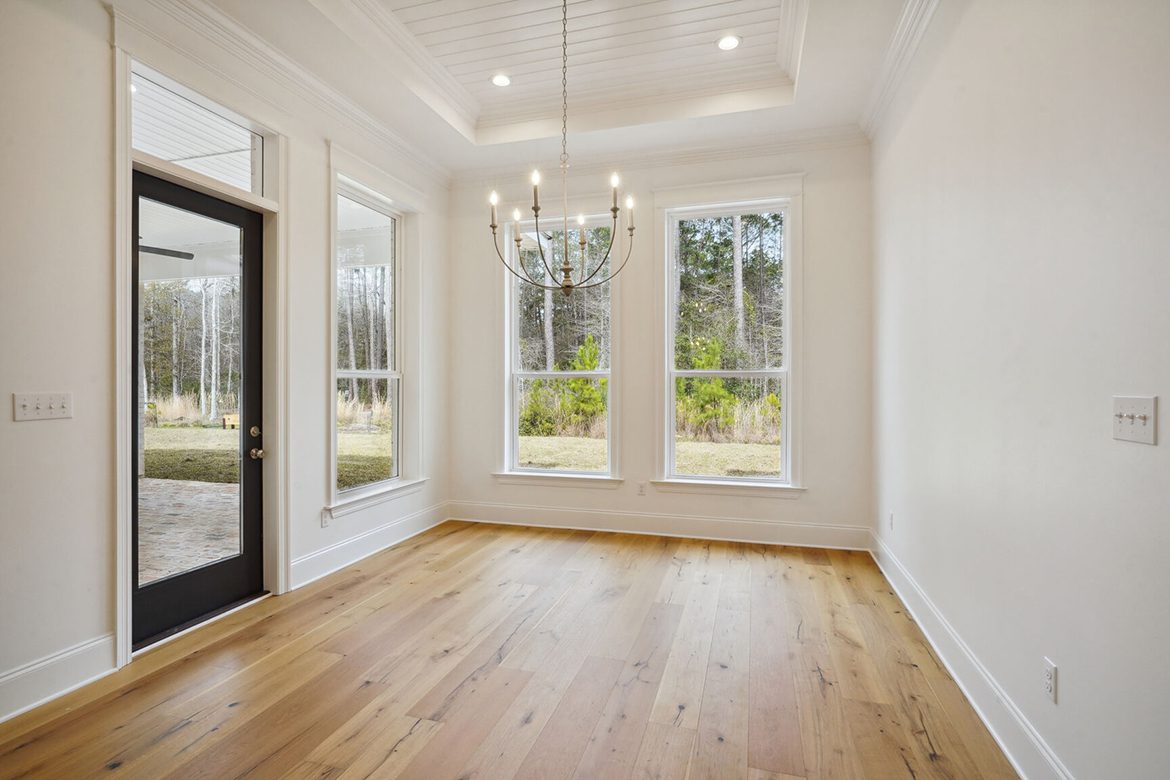Purchasing a home can be both exciting and stressful but it can also be expensive. One of those expenses is the home inspection. Many homebuyers want to skip this expense because they feel a home inspection is an unnecessary expense but this is not the case. A home inspection is very beneficial and can reveal both minor and major problems with a home.
A home inspection will find any problems that can be fixed or the seller can give an adjustment to the purchase price. This is a good way to make sure this is the right property for you before you sign the contract and close. When a home buyer makes an offer, a lot of times they will include a contingency based on the outcome of a home inspection. When there is an inspection contingency if the inspector does find anything wrong, a home buyer can choose to continue with the purchase or adjust the offer due to repairs that need to be made or walk away.
If you are obtaining a mortgage, many lenders will require a home inspection. Not only do they require an inspection, but it must be done by an American Society of Home Inspectors (ASHI) certified professional. If a lender does not require a home inspection, they will probably strongly encourage you to obtain one.
When you do get a home inspection, the home inspector will look for any issues with all the systems and components of the home. These include the plumbing, foundation, roof, electrical systems, HVAC, and chimney which are just to name a few. When the inspection is complete, the home inspection report will be given to you and your real estate agent.
A home inspection can vary in cost due to the location of the home as well as the size of the home. Most inspections cost between $300 to $600 if they are done by a professional but in the long run, can save you thousands of dollars plus heartache. Just like with any other service, you can shop around for an inspector. Home inspectors tend to charge different prices for the same service. Remember, just because an inspector might charge less, does not mean they are the best choice. Choose an inspector based on a good reputation and extensive experience.
In some cases, you might even need a specialist inspector which will be an additional inspection cost. Pest inspections can be recommended if your home inspector finds any evidence of pest infestation. It can be very expensive to have infestations removed. Radon testing is another additional test that might be needed. If your home inspector finds radon, you will want a more in-depth radon testing which will lead to radon mitigation. If a home inspector sees any structural issues, then a foundation or structural inspection will be needed. A foundation specialist or structural engineer should inspect these issues. Home inspectors do inspect your roof, however, if there are major issues found, you would want to hire a dedicated roof inspector.
Home inspections might take a big chunk of change at the beginning but you can save money and heartache in the long run. It is important to make sure that the property you purchase is safe and sound so you will not have any major bills right when you move into your new home.



